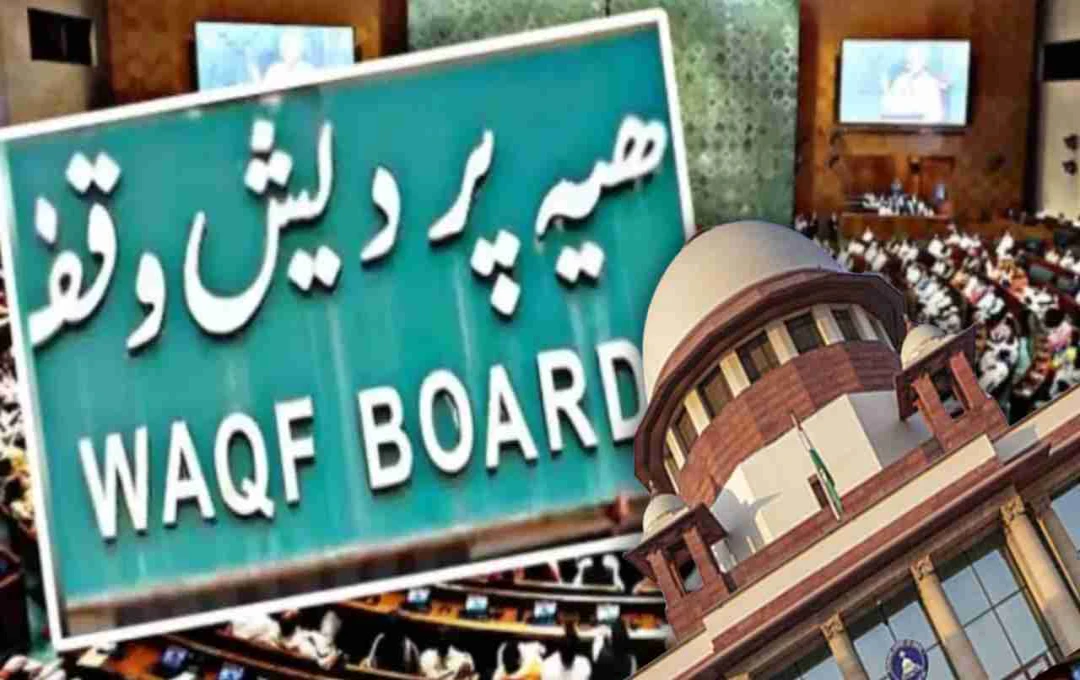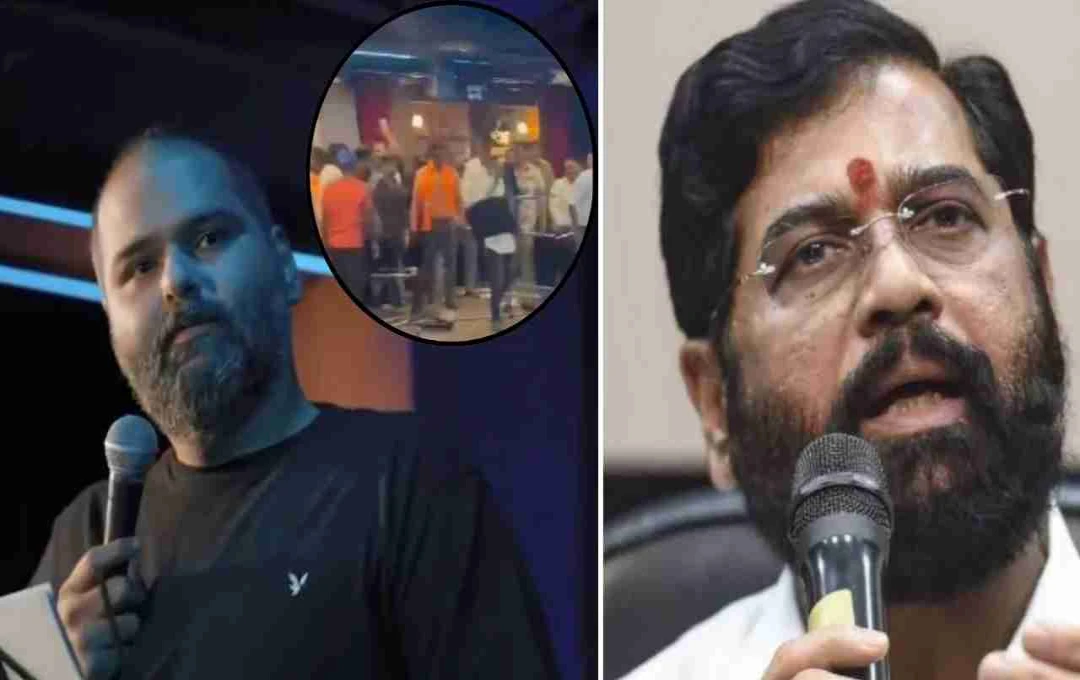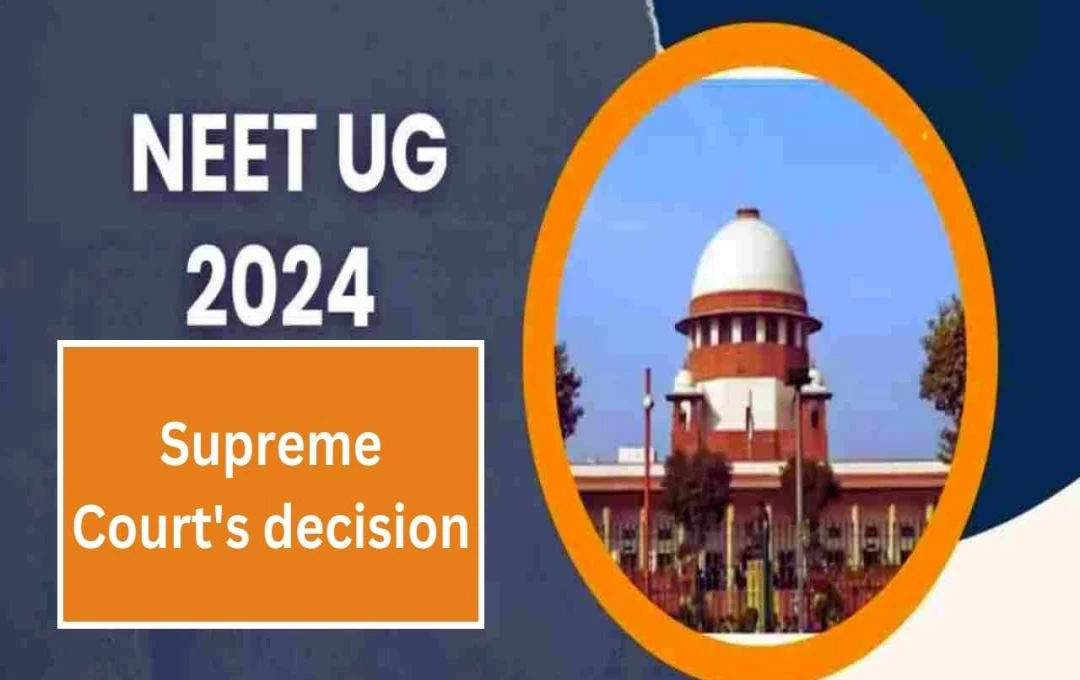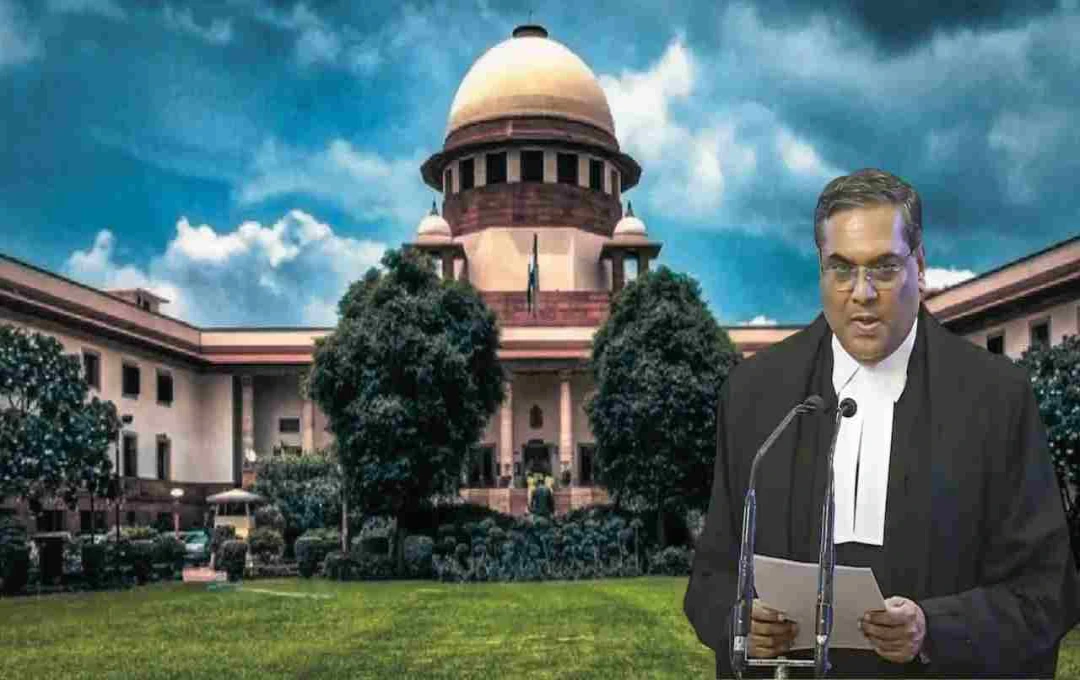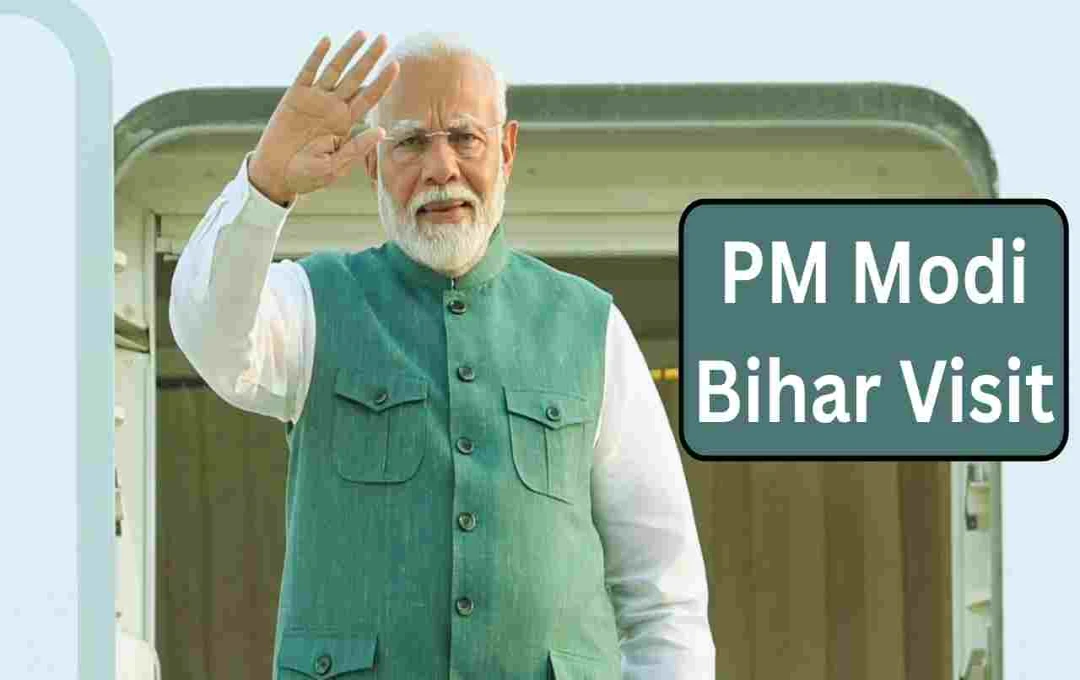JD(U) leader Parvez Siddiqui has filed a petition in the Supreme Court arguing that preventing a Scheduled Tribe (ST) individual from waqf (religious endowment) of their property upon converting to Islam violates fundamental rights enshrined in the Constitution.
Waqf Amendment Law: Sheikh Nurul Hasan, a Member of the Legislative Assembly (MLA) from the National People's Party (NPP), a BJP ally in Manipur, has filed a constitutional petition in the Supreme Court against the Waqf Amendment Act. This is the second such petition filed by a leader from a party allied with the BJP. Earlier, JD(U) leader Parvez Siddiqui had also filed a petition challenging the Act.
Questions Raised on Waqf Restrictions on ST Community Land
Nurul Hasan's petition opposes those sections of the Waqf Amendment Act that prohibit Scheduled Tribes (STs) from waqf of their property. The petitioner argues that if an ST individual voluntarily converts to Islam, they should still have the right to declare waqf property according to their faith.
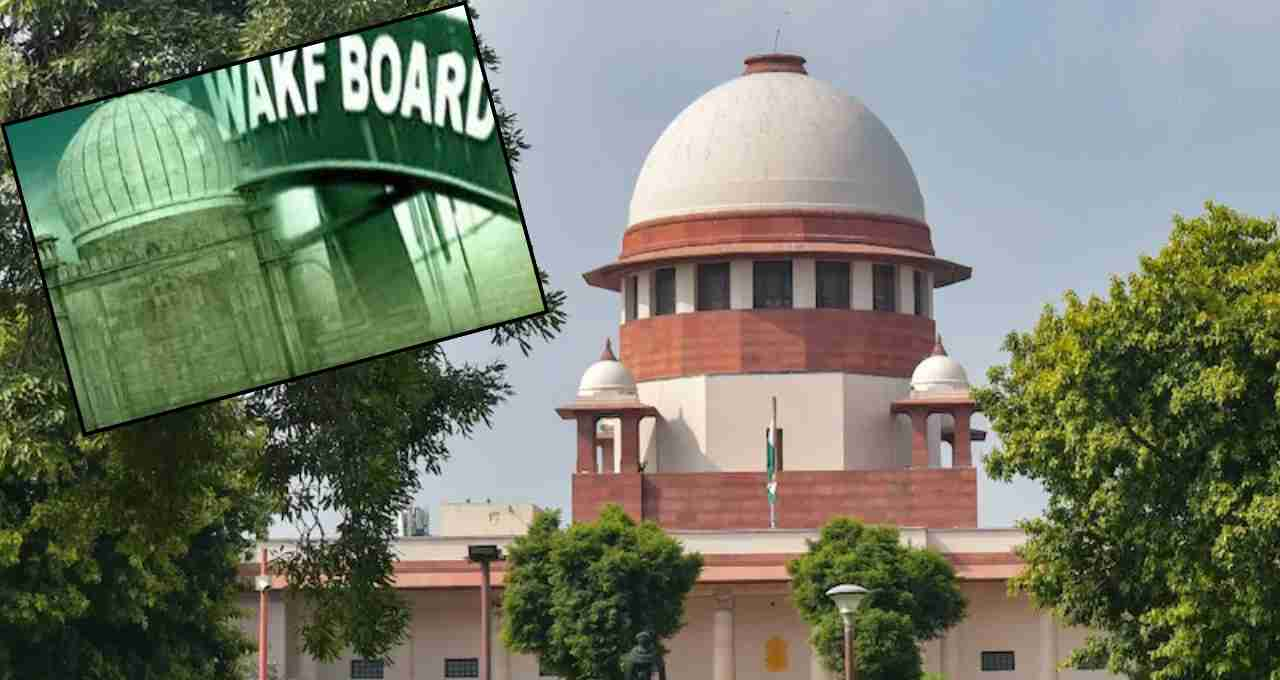
The petition also contends that enforcing inheritance laws on already-waqf'd properties violates the right to religious freedom. Furthermore, the petition challenges the condition requiring a minimum of five years of being Muslim to qualify for waqf.
Over 20 Petitions Filed in Supreme Court So Far
More than 20 petitions have been filed in the Supreme Court against the Waqf Amendment Act. While most petitions have been filed by opposition leaders, leaders from two BJP allies—JD(U) and NPP—have now also approached the court.
Supreme Court Hearing Scheduled for April 16
A three-judge bench headed by Chief Justice Sanjeev Khanna will hear the case on April 16. This hearing is expected to significantly impact the Waqf Act and shape the discourse on religion-based property rights in India.
